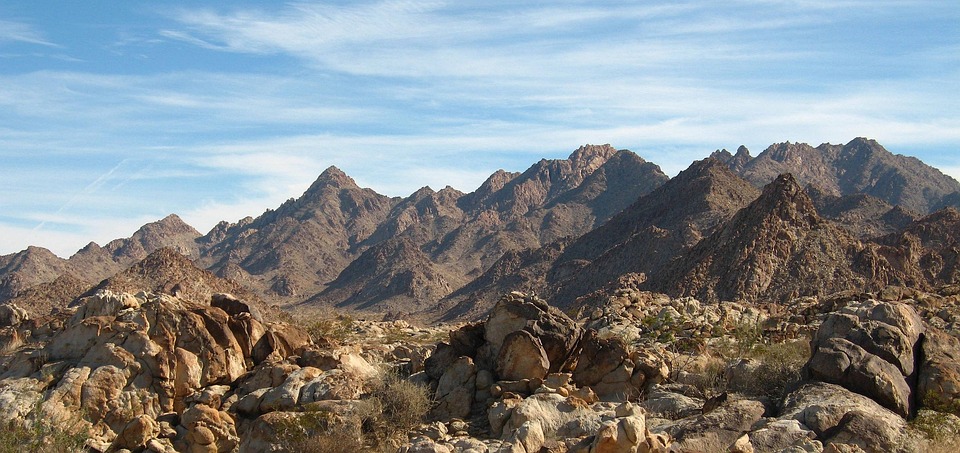Table of Contents
Introduction
Winter camping can be an exhilarating experience for outdoor enthusiasts, offering a unique opportunity to enjoy the serene beauty of nature while testing one’s skills and resilience. However, it also presents its fair share of challenges and risks. To ensure a successful and enjoyable winter camping trip, it is crucial to be well-prepared and informed. In this article, we provide expert advice and valuable tips to help you conquer the great outdoors during the cold winter months.
Gear and Equipment
When it comes to winter camping, having the right gear and equipment is of utmost importance. Here are some essentials you should include in your winter camping checklist:
Sleeping Bag: Choose a sleeping bag specifically designed for cold temperatures, with a temperature rating appropriate for the conditions you will be facing. Ensure it provides sufficient insulation and is made of durable materials.
Tent: Opt for a four-season tent with sturdy construction to withstand strong winds and heavy snowfall. Look for one with a full-coverage rainfly and a vestibule for storing gear. Set up your tent on a flat and well-drained surface to prevent moisture from seeping in.
Insulated Sleeping Pad: Invest in a high-quality sleeping pad with insulation to provide insulation from the cold ground. R-value is an important factor to consider when choosing a sleeping pad, as it indicates its insulation capacity.
Layered Clothing: Dressing in layers is essential to regulate body temperature during winter camping. Opt for moisture-wicking base layers, insulating mid-layers, and a waterproof and windproof outer layer. Additionally, make sure to have extra clothing in case of emergencies or unexpected weather changes.
Winterized Footwear: Choose waterproof and insulated boots specifically designed for winter conditions. Ensure they provide proper traction to prevent slips and falls on icy surfaces.
Cooking and Heating Systems: Portable stoves or heaters suitable for winter camping are essential for preparing meals and keeping warm. Opt for models that are reliable and compatible with cold temperatures.
Safety Precautions
Winter camping poses certain risks that are not present in other seasons, so it is crucial to take appropriate safety precautions to ensure your well-being. Here are some important safety tips to keep in mind:
Plan and Prepare: Thoroughly research your destination and check weather forecasts before heading out. Familiarize yourself with the terrain and potential hazards you may encounter. Create a detailed itinerary and leave it with a trusted person, ensuring they know when to expect your return.
Avalanche Awareness: If you plan to camp in areas prone to avalanches, ensure you have the necessary knowledge and equipment to assess the risk. Carry an avalanche beacon, shovel, and probe, and learn how to use them effectively.
Fire Safety: Practice fire safety by using a fire pit or stove designed for winter conditions and always keeping a safe distance between your tent and the flames. Never leave a fire unattended, and make sure it is completely extinguished before leaving the campground.
Stay Hydrated and Nourished: It is easy to underestimate the amount of water you need during winter camping. Drink plenty of fluids and eat calorie-dense foods to stay hydrated and maintain energy levels. Avoid alcohol, as it increases the risk of hypothermia.
Personal Safety: Dress appropriately for the cold temperatures, including wearing hats, gloves, and thermal socks. Use sunscreen to protect your skin from the sun’s reflection off the snow. Carry a first aid kit with essentials like bandages, pain relievers, and cold medication.
Tips for a Memorable Winter Camping Trip
Aside from the necessary gear and safety precautions, here are some extra tips to make your winter camping trip memorable:
Hot Water Bottles: Filling a durable and leak-proof water bottle with hot water before bed can provide extra warmth during the night.
Food and Snacks: Prepare hot, comforting meals that are easy to cook and provide nourishment. Pack snacks high in protein and energy to keep you fueled throughout the day.
Activities: Engage in winter-specific activities like snowshoeing, cross-country skiing, or ice fishing. Capture stunning moments with photography or sketching.
Peace and Solitude: Winter camping offers a serene and peaceful environment. Take time to appreciate the beauty around you, immerse yourself in nature, and relax.
FAQs
Q1: How cold can winter camping get?
Winter camping temperatures can vary greatly depending on the location and time of year. It’s important to prepare for extremely low temperatures, as they can reach well below freezing in many areas. Be sure to check weather forecasts for your specific destination.
Q2: How do I stay warm while winter camping?
Staying warm while winter camping is crucial for safety and comfort. Dress in layers, use an insulated sleeping bag and pad, stay dry, and avoid cotton clothing. Eating calorie-dense foods and staying hydrated also contribute to staying warm.
Q3: Can I go winter camping without prior camping experience?
While prior camping experience is beneficial, it is possible to go winter camping as a beginner. However, it’s essential to thoroughly research and prepare for the unique challenges of winter camping, be equipped with essential gear, and take necessary safety precautions.




